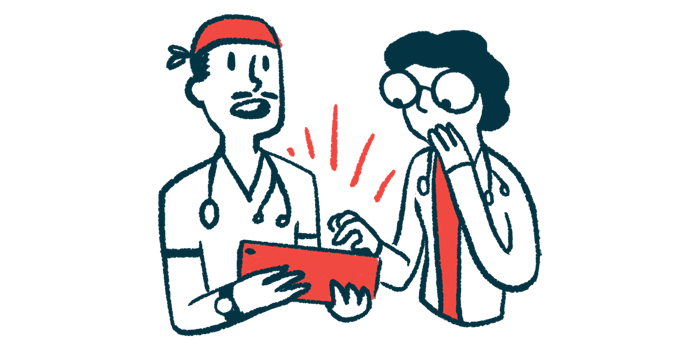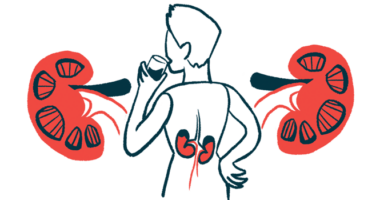8 Cases of aHUS Linked to Underlying, Complement-activating Conditions

Eight cases of atypical hemolytic uremic syndrome (aHUS) that occurred in people with underlying conditions that could have prompted increased activity of the complement cascade — a part of the immune system that is thought to drive aHUS — were described in a recent report.
“The cases described provide further evidence that a vicious cycle of complement activation could be a common pathogenic [disease-causing] trait in many forms of HUS,” its scientists wrote.
The report, “Complement-Amplifying Conditions in Atypical Hemolytic Uremic Syndrome: A Canadian Case Series,” was published in the Canadian Journal of Kidney Health and Disease. The research was funded by Alexion.
The complement cascade are a group of immune proteins that are normally present in the blood in an inactive state. In response to certain stimuli — for example, an infection — the cascade becomes activated, with one complement protein activating others like a series of dominoes falling. This ultimately drives a powerful inflammatory reaction that can be helpful in fighting off infections.
Yet, uncontrolled complement activation is thought to drive aHUS. The approved aHUS treatments Ultomiris (ravulizumab-cwvz) and Soliris (eculizumab), which are both marketed by Alexion, now part of AstraZeneca, work by blocking complement activity.
Scientists in Canada described eight cases of people who were diagnosed with aHUS. In each case, individuals had an underlying condition that might predispose them toward increased complement activation. These conditions included pneumonia, autoimmune disorders, a complement-mediated kidney disease, pregnancy, and a bacterial diarrheal illness.
“We report cases of aHUS in which a complement-amplifying condition (CAC) was suspected,” the researchers wrote.
In addition to the presence of such underlying conditions, clinical data for all eight patients were broadly indicative of disease driven by the overactivation of the complement cascade.
In several of the patients, laboratory tests were indicative of complement activation (i.e., low blood C3 levels or C5b-9 deposition). Genetic testing also revealed that four of the eight patients had disease-causing mutations in complement-related genes.
Also of note, all of the patients exhibited rapid improvement upon treatment with the complement-blocking medicine Soliris and/or with plasma exchange, a procedure that involves replacing plasma, the non-cellular portion of blood, which can reduce complement activity by removing pro-inflammatory signaling molecules from the bloodstream.
Overall, these findings “add to existing lines of evidence that the complement pathway is potentially involved in [aHUS] and that it should be considered as a therapeutic target of interest,” the researchers wrote.





